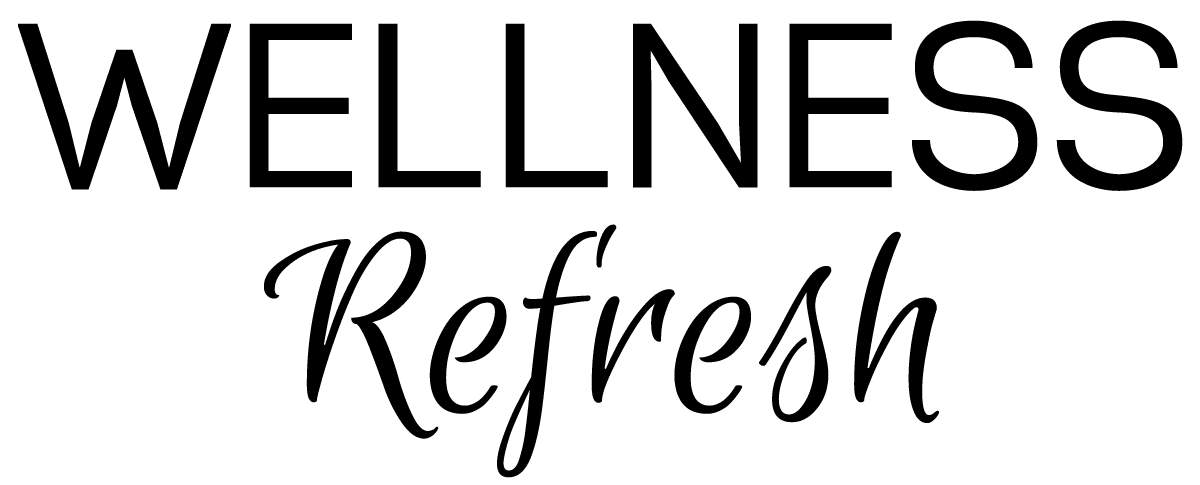Caffeine: Adenosine, Sleep and Your Heart Attack Risk
Caffeine can sometimes feel like it is what makes the world go around. Certainly, in the United States at least, we are reliant on it. There is a Starbucks on every major corner it seems these days. I too drink coffee every day. Here is where the “but” comes in. Like everything in life, we need a balance, and I will explain several reasons why.
Caffeine can interfere with our circadian rhythm or natural body sleep/wake cycle. Caffeine blocks a substance in our bodies called adenosine, which builds up in our bodies during the day to promote sleep at night (Pacheco, 2022). Caffeine blocks adenosine, which then messes up our internal clocks when it is time to sleep at night. This creates a negative cycle of poor sleep, additional caffeine the next day, blocking adenosine again, and poorer sleep the next night and so on.
Furthermore, Caffeine also reduces the amount of slow-wave sleep, the deep sleep stage that gives you the refreshed feeling the next day. Less slow-wave sleep leads to poorer sleep, not feeling rested and feeding into the negative cycle again of needing more coffee the next day, starting the process over again.
Also, caffeine increases cortisol levels, the “stress hormone” (Sands, 2022). To sleep well at night and to enter that deep sleep state, cortisol levels need to decrease. By increasing caffeine levels during the day, you decrease your ability to get a good night’s sleep. Cortisol also raises blood pressure, increases heart rate among other negative effects.
Poor quality sleep is the last thing you need to get through the next day and to maintain health. While over-caffeinating may seem like the solution, it’s a quick fix with long-lasting negative consequences.
Caffeine is metabolized by the cytochrome P450 1A2 enzyme. This enzyme is what breaks caffeine down in the body. The instructions for this enzyme are encoded or given by gene CYP1A2. There are various forms of this gene. Depending on what variant you have, you may metabolize caffeine quickly or slowly. This can have serious implications for those of us that enjoy our coffee or coffees!
If you are a slow metabolizer, caffeine will stay in your system longer because you are unable to metabolize it as quickly as a fast metabolizer. You will feel the effects of caffeine for a longer amount of time than a fast metabolizer does.
As a slow metabolizer, you will be more likely to feel jittery, anxious and have cardiovascular repercussions to caffeine. There is a well-documented study on coffee intake and myocardial infarction, or heart attack. The study is called the Costa Rica Heart Study. Groups from both fast and slow caffeine metabolism genotypes were studied to see if there was a higher risk of heart attack with more coffee consumed in subjects less than 50 years old (Cornelius et. al, 2006).
There was a strong correlation with heart attacks within the slow metabolizer group with increased coffee consumption. If more than one cup of coffee was consumed in a day, the chances of heart attack increased substantially within the slow metabolizer group. There was not an increased risk within the fast metabolizer group when more coffee was consumed.
This is a big deal. Heart disease is still the number one killer in the United States. While there are many variables that contribute to this statistic, such as genes, diet, lifestyle, etc., it’s important to know your risk factors. Are you a slow metabolizer like I am?
Armed with the knowledge that I am a slow metabolizer, I typically will not have more than one cup of coffee per day. If I do, the second will be decaf or half-caff. Moreover, I do not touch “energy drinks”, for a multitude of reasons. There is a way to still enjoy that coffee AND honor what your genes’ preferences are for health and wellness.
My point in all of this is, every human being is different. We all respond to substances, medications, and foods differently. We all have our very own genetic makeup. Do you know how you will respond based on your genes? I want to help you create a plan that is for you based on your individual genetic makeup. Reach out and we can discuss what this entails in a free discovery call.
Talk soon!
Joanna
References:
Pacheco, D. (2022, September 19). Caffeine’s connection to sleep problems. Sleep Foundation. Retrieved September 20, 2022, from https://www.sleepfoundation.org/nutrition/caffeine-and-sleep
Sands, M. (2022, September 12). 5 foods this hormone expert would never eat (+ her 5 favorites). mindbodygreen. Retrieved September 20, 2022, from https://www.mindbodygreen.com/articles/how-foods-impact-hormones
Cornelis, et. al, (2006, March). Coffee, CYP1A2 genotype, and risk of myocardial infarction. JAMA. Retrieved November 30, 2022, from https://pubmed.ncbi.nlm.nih.gov/16522833/
